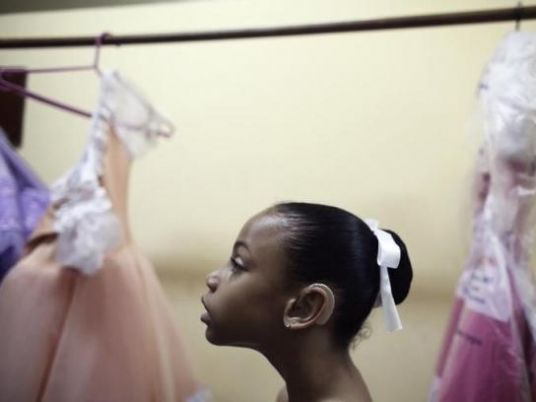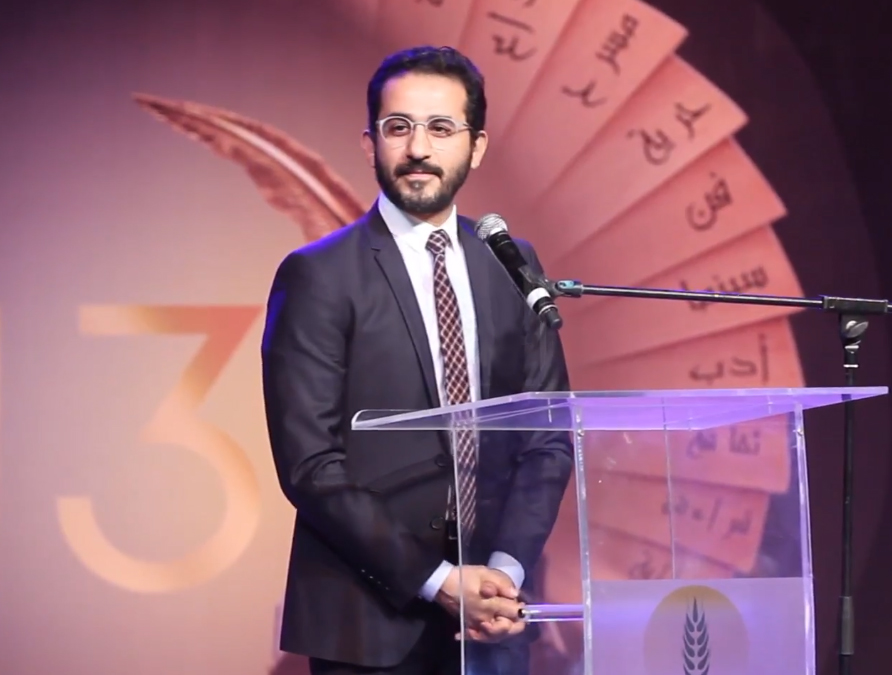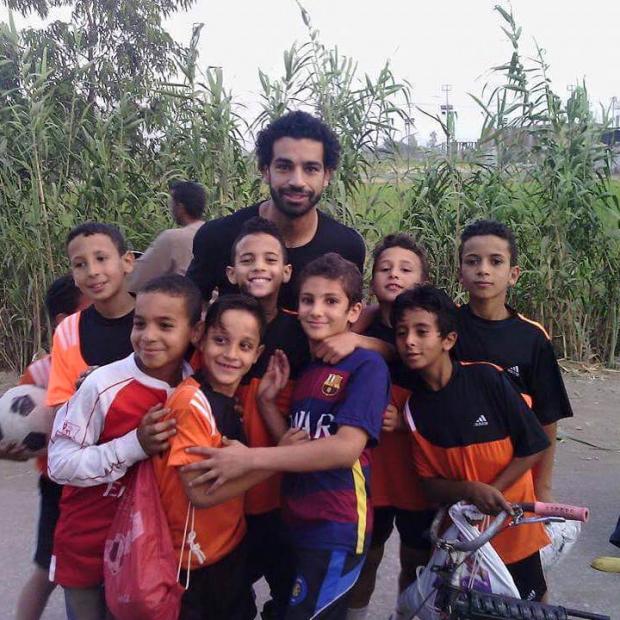
Parents of deaf children face a critical responsibility to learn and use sign language, according to a majority of hearing experts quoted in the journal Pediatrics, although the question of whether or not to sign has grown increasingly controversial.
Ten thousand infants are born yearly in the US with sensorineural deafness, and data suggest that half receive cochlear implants, small devices that help provide a sense of sound to profoundly deaf individuals.
While some specialists advise that all deaf children, with or without cochlear implants, learn sign language, others fear that learning sign language will interfere with the demanding rehabilitation needed to maximize the cochlear device. Still others worry that asking parents to learn a new language quickly is too burdensome.
In an “Ethics Rounds” feature in Pediatrics, nine experts from hearing and language-associated fields share their perspectives and conclude, “The benefits of learning sign language clearly outweigh the risks. For parents and families who are willing and able, this approach seems clearly preferable to an approach that focuses solely on oral communication," in which the child would depend only on the cochlear device or other auditory-verbal approaches.
John Lantos, a professor of pediatrics at the University of Missouri-Kansas City, writes in the journal, “The more languages they learn, the better these children will be able to communicate.”
Lantos told Reuters Health that too many children who receive cochlear implants fail to achieve full functionality in the hearing world. “If the idea is to give kids the most potential to communicate in the most ways that they can, it seems like learning both is the best approach.”
Linguist Donna Jo Napoli contributed one of the most urgent arguments for full adoption of sign language. “Children should be surrounded by sign language as much as possible as soon as the audiological status is determined," she told Reuters Health. "If the child gets a cochlear implant and does well with it, fantastic. Then the child is bi-lingual.”
But Nancy Mellon, head of The River School for the deaf in Washington D.C., and University of Southern California otolaryngologist John Niparko warn in a jointly-written opinion that “reliance on sign language over an extended period of time may negatively affect the child’s capacity to learn spoken language after cochlear implantation.”
Sasha Scambler, a medical socialist and the hearing mother of a deaf child, writes that her family is learning sign language "because we need it when our son is not wearing his implants or is unable to hear sufficiently because of background noise. We also believe that it is important that he has access to sign language as a deaf person.”
By teaching her son both oral/aural and signed language, she added, the family is enabling him to make his own choice when he’s older.
Data on language development and other academic outcomes are not conclusive, and this gray area contributes to the variance in opinions on the question of whether to sign or not to sign.
Patti Martin, audiology director at Arkansas Children’s Hospital, who wasn’t on the Pediatrics panel, told Reuters Health that more than 95 percent of deaf children are born to hearing parents, who are then faced with difficult decisions that they often feel compelled to make quickly, so as not to lose valuable time in communicative development.
“One of the realities is that there are no easy choices for your child to have full language access,” Martin said. “Regardless of your choices, the level of family involvement is often a tipping point of how successful your child might be.”
Tawny Holmes, a National Association of the Deaf attorney who also wasn't on the panel, said she agrees with the majority of journal contributors and ardently supports sign language use. “Not all deaf children can learn to hear or speak,” Holmes, who is deaf, told Reuters Health. “Children as old as 13 to 14 show up at schools for the deaf, and they are language deprived. They have a limited understanding. The social and emotional impact is so deep. They have had no access to language since birth, despite being constantly conditioned in spoken English.”
Barbara Raimondo, a deaf education consultant, applauds Pediatrics for taking on an issue about which too few pediatricians are savvy. “They really don’t get the training in medical school to appropriately advise parents on this,” said Raimondo, who wasn't on the panel. “Parents think the pediatricians know, but pediatricians are lacking in sign language and in raising a deaf child. So this is a problem.”




